Truth and reconciliation focus of Vermont law school’s MLK event
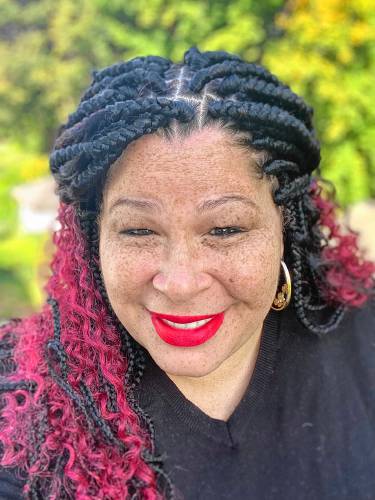
Mia Schultz (Courtesy photograph)
|
Published: 01-15-2024 2:00 AM
Modified: 01-16-2024 2:02 PM |
SOUTH ROYALTON — Mia Schultz, who relocated to Bennington, Vt., from Southern California in 2016, describes herself as a “former insurance claims adjuster turned activist.”
“Vermont is like no other place I’ve ever been to before,” Schultz, who is originally from Arizona, said in a phone interview last week. Compared to the racial and ethnic diversity of Southern California’s population, she said, “coming to Vermont was a culture shock.”
In addition to the relative lack of diversity, she noted that there were “a lot of exclusionary experiences” including a strong cultural sense of who is and is not a “true Vermonter.”
“What’s unique to Vermont,” Schultz said, “is that there’s a lack of community among people of color because we’re so spread out. And community matters.” She emphasized the need to create space for people to share and bond over similar experiences.
Schultz, the Rutland Area NAACP president and a Vermont Truth and Reconciliation commissioner, is scheduled to speak at the Vermont Law and Graduate School on Tuesday, Jan. 16 from 12:45 to 2 p.m. The event will take place at the Chase Community Center on the VLGS campus in South Royalton.
Schultz, a longtime community organizer and advocate for the rights of diverse communities, also was the first Black woman to serve as chair of the Bennington Democratic Party. She has been recognized as a human rights champion by both the American Civil Liberties Union and the National Education Association.
The Jan. 16 event celebrates the legacy of Dr. Martin Luther King, Jr., and Lisa Ryan, associate dean of diversity, equity, and inclusion at VLGS, said in a written statement Thursday that Schultz’s work is aligned with Dr. King’s message and that it serves to “uplift the voices of marginalized communities throughout Vermont.”
In 2022, the Vermont State Legislature authorized the creation of a Truth and Reconciliation Commission charged with documenting the ways that the state’s laws and policies have discriminated against marginalized communities and identifying ways to repair the harm done by institutional, structural and systemic injustices.
Article continues after...
Yesterday's Most Read Articles
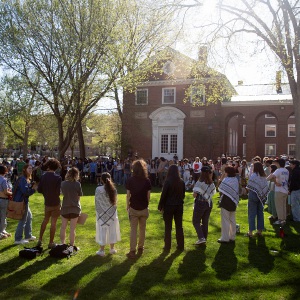 Dartmouth administration faces fierce criticism over protest arrests
Dartmouth administration faces fierce criticism over protest arrests
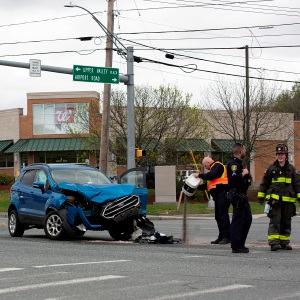 West Lebanon crash
West Lebanon crash
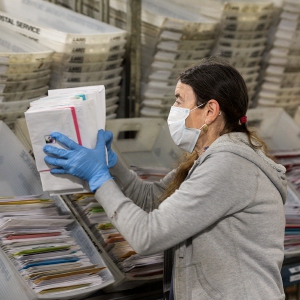 Plan on track to ship Upper Valley mail to Connecticut for sorting
Plan on track to ship Upper Valley mail to Connecticut for sorting
 Lebanon’s Jewell back from auto accident, more aware of ‘drowsy driving’ dangers
Lebanon’s Jewell back from auto accident, more aware of ‘drowsy driving’ dangers
 Longtime employees buy West Lebanon pizzeria
Longtime employees buy West Lebanon pizzeria
The Commission was created with three members, Schultz, Melody Mackin, an educator and artist who is a member of the Elnu Abenaki Tribe, and Patrick Standen, a disability rights advocate and professor at St. Michael’s College. Standen resigned in November to return to teaching, and the Commission is working with the Legislature to fill his position.
The Commission held the first of its monthly meetings, which are open to the public, on Sept. 5, 2023.
Much of the impulse for Schultz’s professional shift toward advocacy for racial justice came from the experience in Vermont of her young school-aged sons.
The boys, who were in third and fifth grade at the time they moved to Bennington, found themselves to be “incredibly visible” in Vermont, according to Schultz. They were called racial slurs for the first time, and Schultz found that the school curriculum was not representative of minority or marginalized populations.
She described one instance in which her middle-school son was asked to participate in a reenactment of the Middle Passage stage of the Atlantic slave trade, which Schultz called “next level,” and an act of “curricular violence.”
“We tried to navigate it, but there was no process for accountability,” she said.
The 2018 resignation of former state Rep. Kiah Morris, a Bennington Democrat, in the face of racially-motivated threats and harassment hit hard. “If one of our most visible people can’t be protected, what does that mean for us?”
Schultz reached out to the NAACP for help with her family’s experiences, and from there became engaged with advocacy across the state, working as an organizer and activist.
Speaking to the scope of the Truth and Reconciliation Commission's work, Schultz noted that other such commissions worldwide are normally created to address one-time atrocities against a specific group of people. “So you really have to figure out where to concentrate,” given the Vermont commission’s broad scope, she said.
The Truth and Reconciliation Commission submitted its interim report to the Legislature on Friday. Executive Director Faith Yacubian, who was appointed by the Commissioners in August, said in a phone interview on Thursday that the report identifies themes garnered from the Commission’s work with “emblematic cases” that range from the early 20th century to the present. By examining these sample cases at its monthly meetings and hearing public comment on them, the Commission hopes to identify overarching themes and issues.
Some of the observations arising from the Commission’s early meetings have to do with abuse of power, lack of accountability, the lack of protective policies for various groups, racism and ableism in health care and housing, and tensions between free speech and hate speech, Yacubian said.
In addition to looking at sample cases, the Commission has been focused on preparing a safe and effective process for collecting testimony from Vermonters. The Commission wanted to make sure that it had created a mechanism to support people as they tell their stories, Yacubian said. Those stories, she said, “can be really traumatic, and we want to make sure that we have done all our due diligence” to make sure that there is trauma-informed support available, and that people feel safe sharing their experiences.
“Some people in marginalized communities don’t trust the government,” said Schultz. “That is a barrier, and we have to create relationships and build trust.”
People with experiences of discrimination can be skeptical of authority, and view Vermont in particular, as “ ‘performative’ when it comes to issues of race and discrimination,” she said. Creating processes that instill trust and in which people feel safe to share their experiences is essential groundwork.
The Vermont Law and Graduate School maintains a Center for Justice Reform and is home to the National Center on Restorative Justice, which Schultz said the Commission hopes to tap into throughout its work.
“Lawyers have a role to play in challenging systemic racism and systemic discrimination,” Yacubian said. It would be wonderful, she said, “if some of the takeaway is for the lawyers to examine the sphere of influence that they have. And I imagine they do that already, but specifically around discrimination and racism.”
Ryan, the law school associate dean, noted in her written statement that “our program prepares students to become agents of change within the justice system.”
Schultz said that she does not expect any discussions or recommendations about remedies to take place until the last year of the process, which is slated to end on June 15, 2026. “We need to make the connections before we can make the recommendations,” she said. However, as a result of Standen’s resignation, the commission has asked the Legislature to extend that end date by 10 months in a bill that is currently under consideration.
Referring to King’s message, Schultz said that “the things that he spent his life fighting for, we are still fighting for, and they are all human rights issues.” “We love Dr. King’s words,” she said, “but we haven’t been able to put those words into action in a way that is felt by marginalized communities.”
Christina Dolan can be reached at cdolan@vnews.com or 603-727-3208.

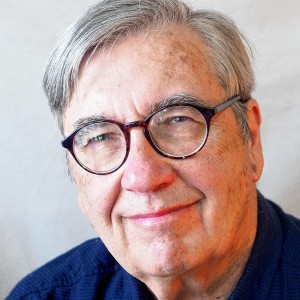 Over Easy: On bread, buttered popcorn and big sandwiches
Over Easy: On bread, buttered popcorn and big sandwiches
